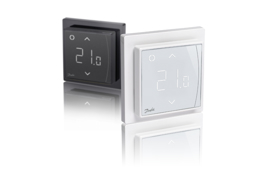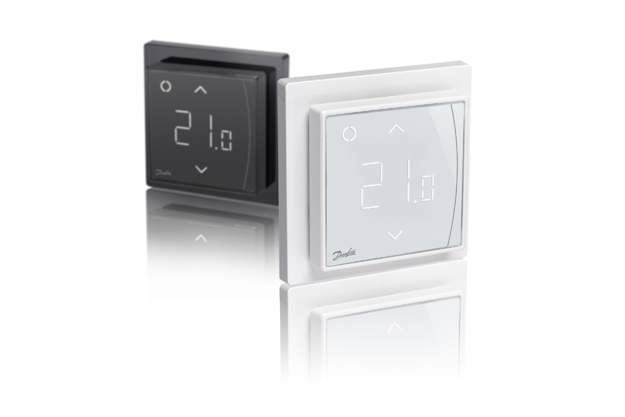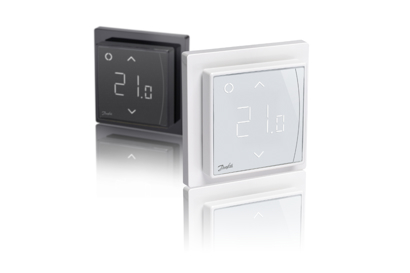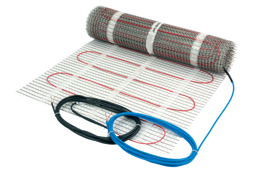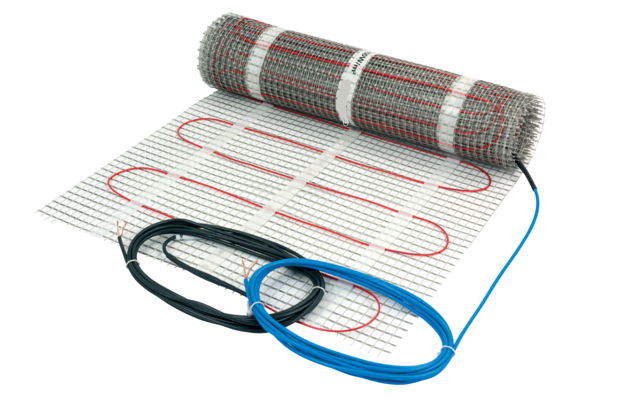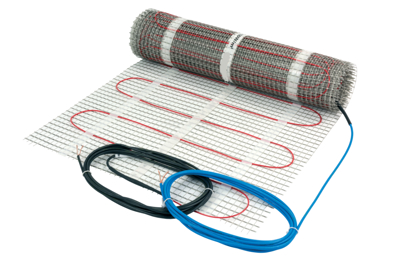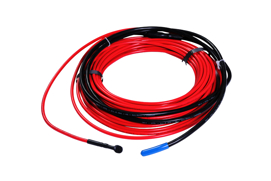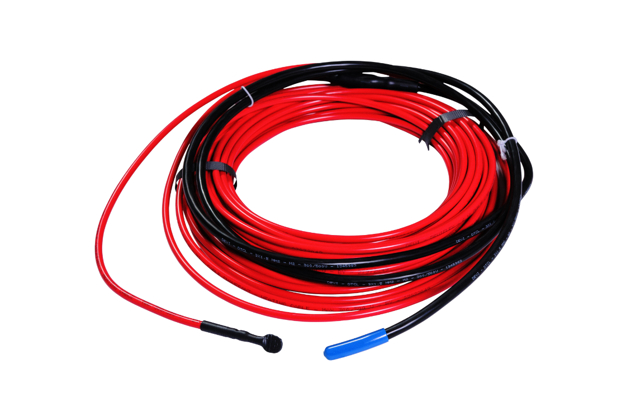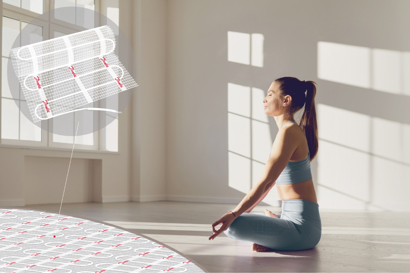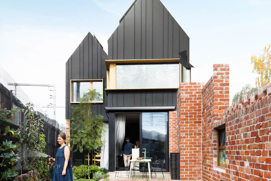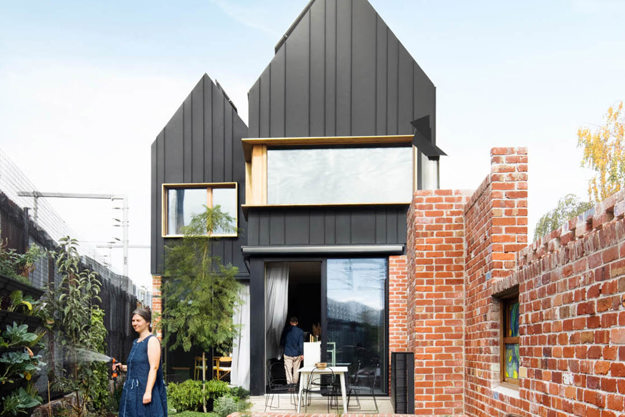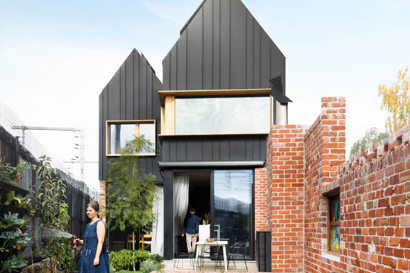An energy efficient approach to electric heating
With energy costs – including the cost of electricity – rising in most European countries, the last thing on peoples’ minds might be switching to electric heating as a primary or comfort heating source for their homes. But could it be that electric has much more potential than people think?
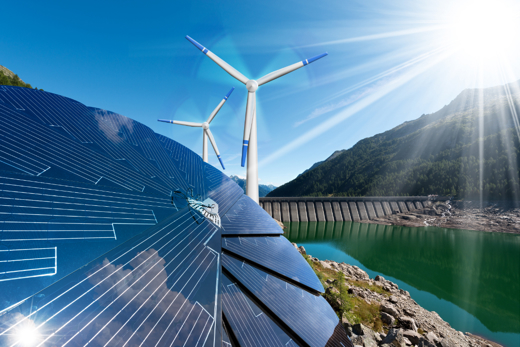
European Commission targets
The European Commission has set a target for 40% of residential heating to be sourced from electricity by 2030, and up to 70% by 2050.
The thought behind this is that if electricity is supplied by renewable energy sources, it represents a more environmentally-friendly power source than fossil fuels and a way for us to significantly decrease CO2 emissions and mitigate climate change.
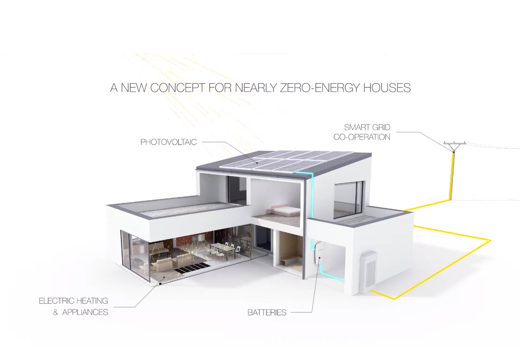
Step to net zero
This is a critical step on the path to net zero, which is why the Commission aims to meet 84% of electricity demand with electricity from renewable energy sources by 2050 and mitigate climate change.
Electric underfloor heating plays a central role in these plans. Research shows that the most cost-efficient heating solution for highly insulated residential buildings is electric underfloor heating used in combination with photovoltaics.

Benefits of electric underfloor heating
A comfortable ambient temperature and quick response time are just a couple of the benefits electric heating offers. Learn more about these and other benefits of electric heating.
A heating solution for today and tomorrow
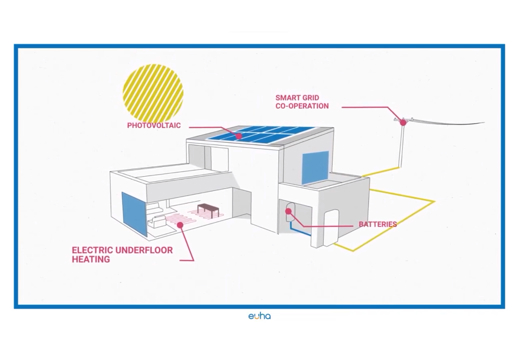
To meet the European Union’s ambitious climate targets and reduce our dependency on fossil fuels, we need to make residential buildings more energy efficient. This involves improving building insulation and increasing on-site production of renewable electricity, so residential buildings can eventually be self-sustaining, using energy they produce themselves.
Electricity-based space heating technology, including electric underfloor heating, will play a vital role in this transition. If you calculate in the fact that electric underfloor heating is projected to be cheaper for consumers than traditional gas, liquid and solid fuel technologies, it’s clear that electric underfloor heating is an energy- and cost-efficient option for a home heating solution. The future is indeed electric.

Solar-powered heating
Find out how the combination of electric underfloor heating and photovoltaics met the energy efficiency requirements for an Energy plus, near-zero housing complex in Koblenz, Germany.
Related products
Electric floor heating
-
if (isSmallPicture) {


 Digital Thermostats
Digital ThermostatsDigital controllers have the unique features allowing you to reduce energy waste. Some thermostats are fitted with Wi-Fi allowing remote control of heating systems via mobile application.
-
if (isSmallPicture) {


 Heating Mats
Heating MatsThe heating mats are used for installation in a thin layer of tile adhesive, self-leveling mixture, or similar. The standard minimum thickness of the floor layer is 5-8 mm while the thickness of electric heating mat is 3–4.5 mm. This minimizes the floor level increase. Electric heating mats consist of a thin cable securely fixed on self-adhesive glass-fiber mesh, usually of 50 cm width. Thin heating mats are manufactured as ready-made heating sections with a specific area (i.e. 0.5, 1, 1.5 … 12 m²) including a power supply cable (cold lead) and hermetically sealed connections.
-
if (isSmallPicture) {


 Heating Cables
Heating CablesHeating cables are used for a variety of applications, including indoor comfort floor heating and total heating both for small houses as well as large commercial buildings.
Heating cables are mostly used in connection with new building or larger renovation projects.
Related application
-
if (isSmallPicture) {


 Electric floor heating
Electric floor heatingElectric underfloor heating for all types of floors
Electric heating is an energy-efficient and environmentally friendly floor heating solution. It is flexible for new build homes and renovations for both wet and dry installation.
Related case stories
-
if (isSmallPicture) {


 Electric heating by DEVI provides energy-efficient heating solution for near-zero energy housing complex
Electric heating by DEVI provides energy-efficient heating solution for near-zero energy housing complexFor decades, many have considered electricity to be an inefficient heating source, associating it with high energy bills and pollution. However, times are changing. Now, the combination of electric floor heating and solar panels are an energy-efficient option for homeowners. Yes, the future is indeed electric, as this case from Koblenz, Germany shows.
-
if (isSmallPicture) {


 Coburg’s First Passive House, Victoria Australia
Coburg’s First Passive House, Victoria AustraliaHome By Hutt, Melbourne Design Studios, and Grand Designs Australia designed and built the first Passive Home in the humble suburb of Coburg, Melbourne.
-
if (isSmallPicture) {


 Electric heating in the world’s tallest timber building in Norway
Electric heating in the world’s tallest timber building in NorwayOfficially the world's tallest timber building at 85.4 m (280 ft) tall, Mjøstårnet translates as “the tower of lake Mjøsa”. The building is named after Norway’s biggest lake, which it is located beside.
-
if (isSmallPicture) {


 Romantic surroundings in Lapland multiplied by comfort of electric heating.
Romantic surroundings in Lapland multiplied by comfort of electric heating.40 igloos - Aurora cabins – are located in the wintry forest. They are glass-roofed so that guests can wrap up in a blanket and enjoy the breathtaking views of the Milky Way, the North star and the Northern lights.

